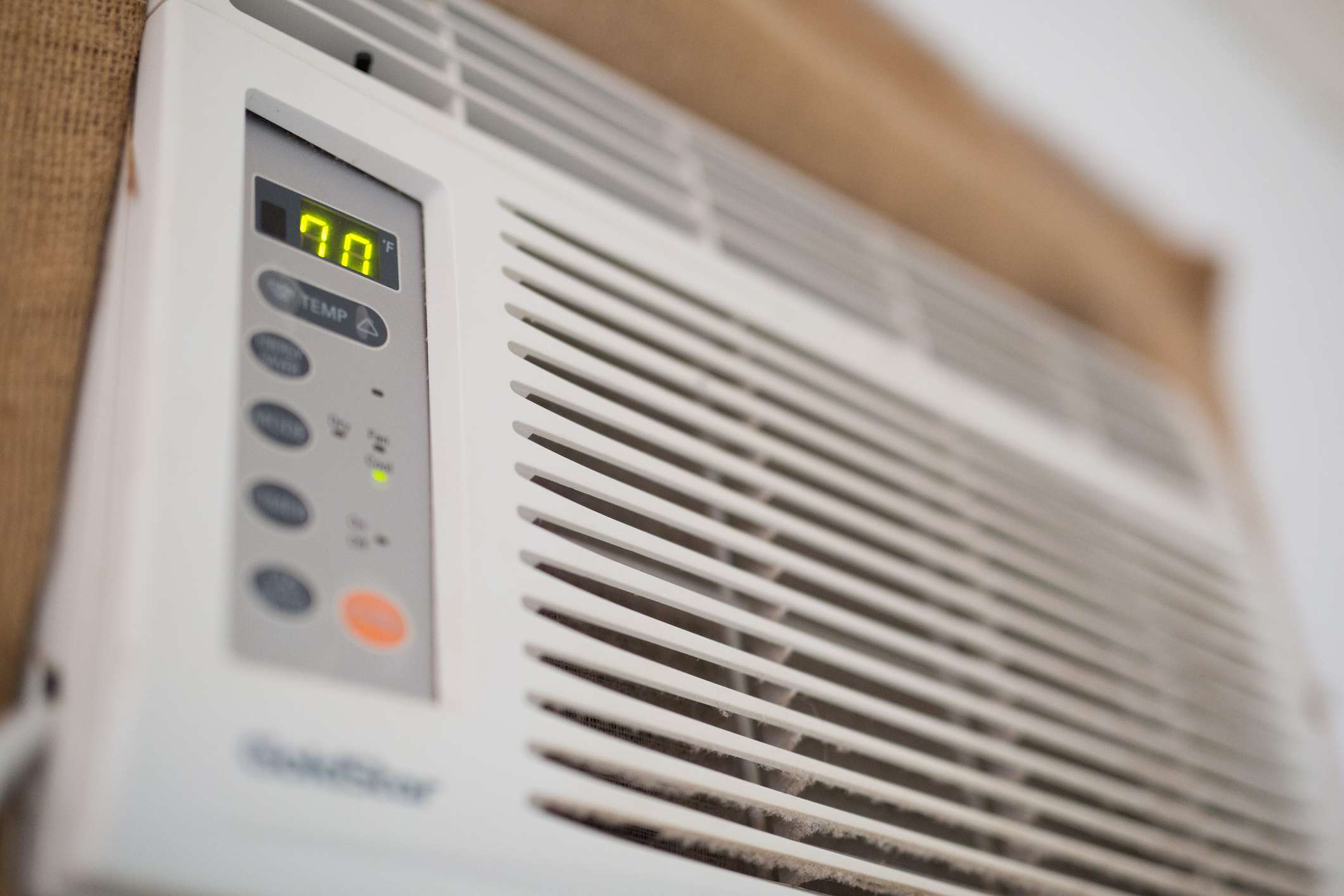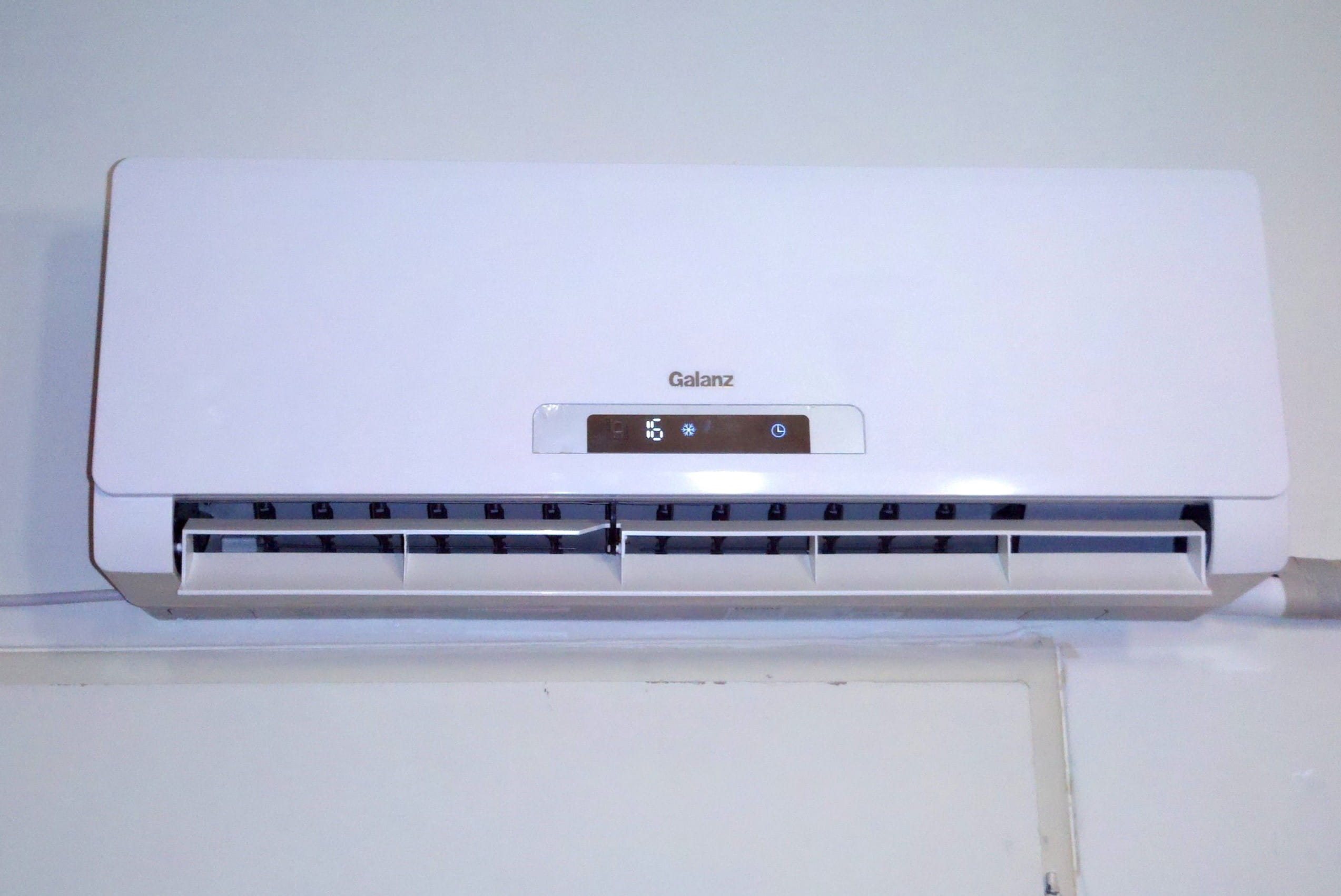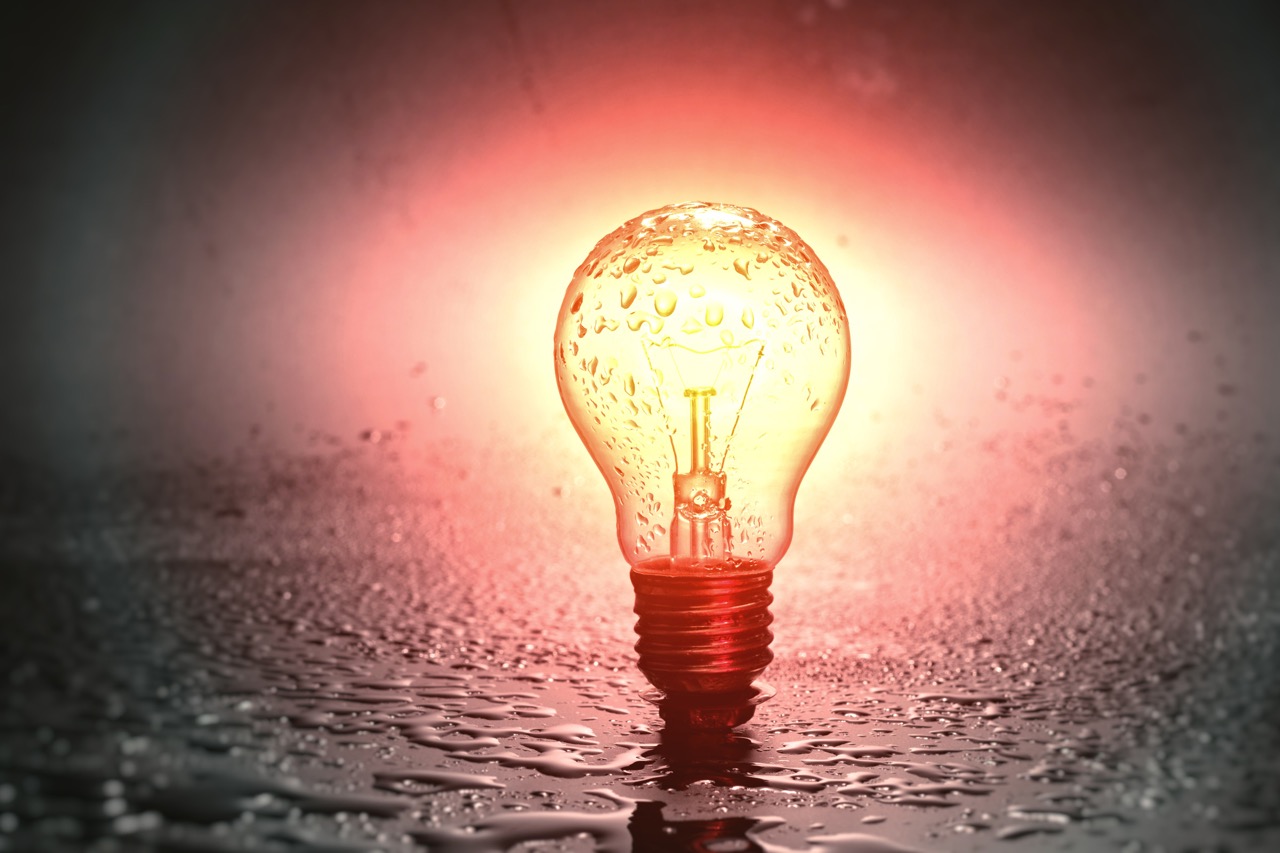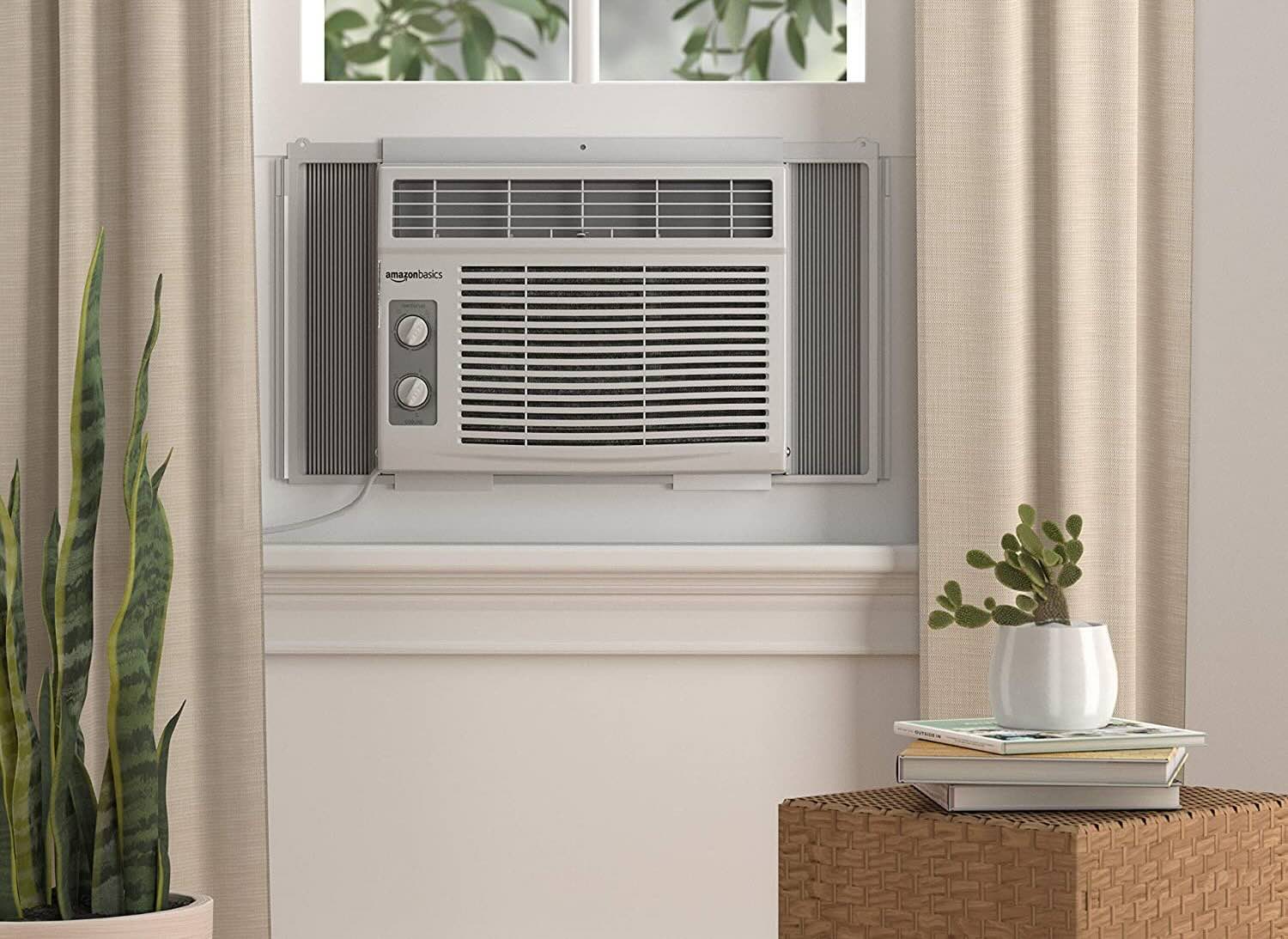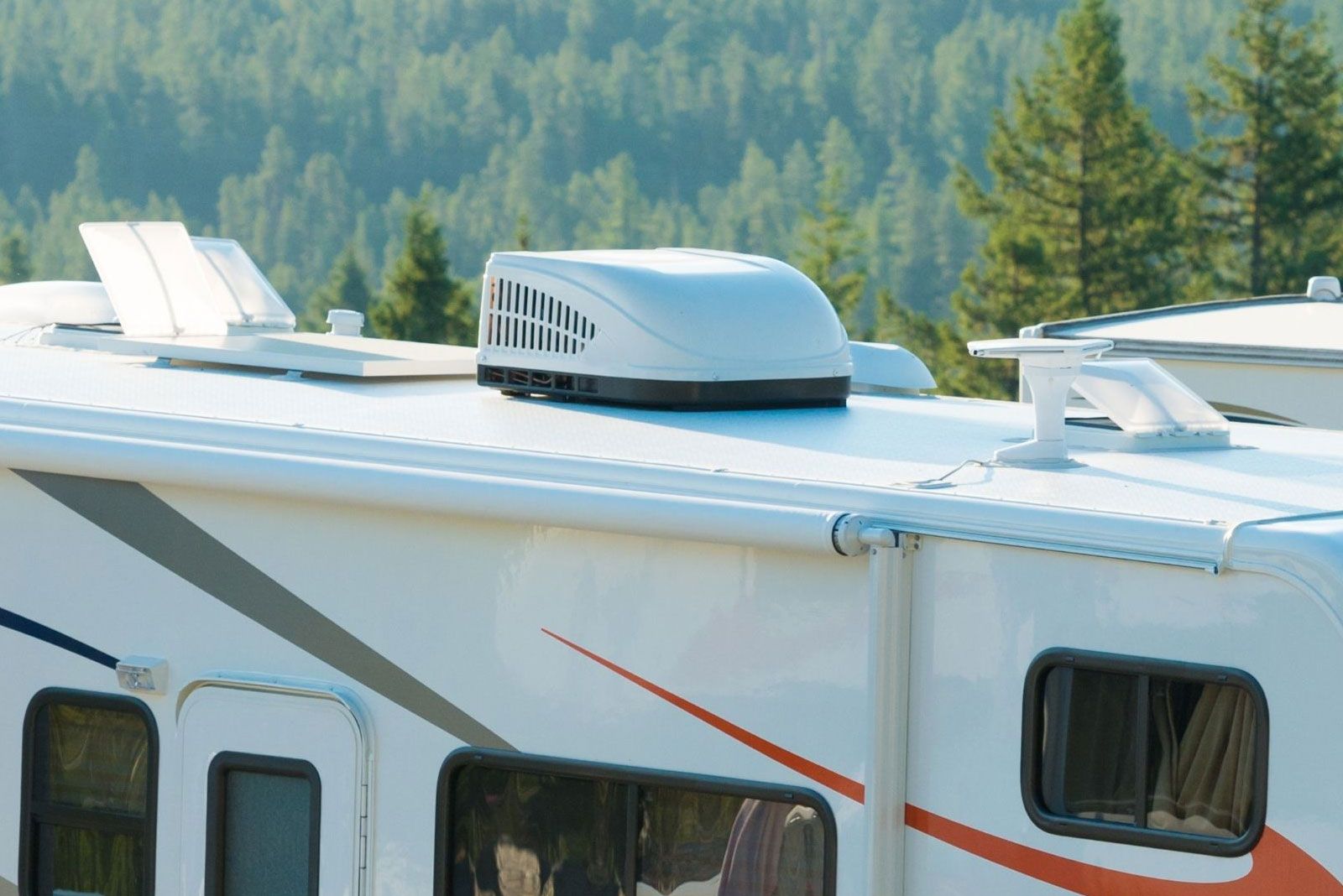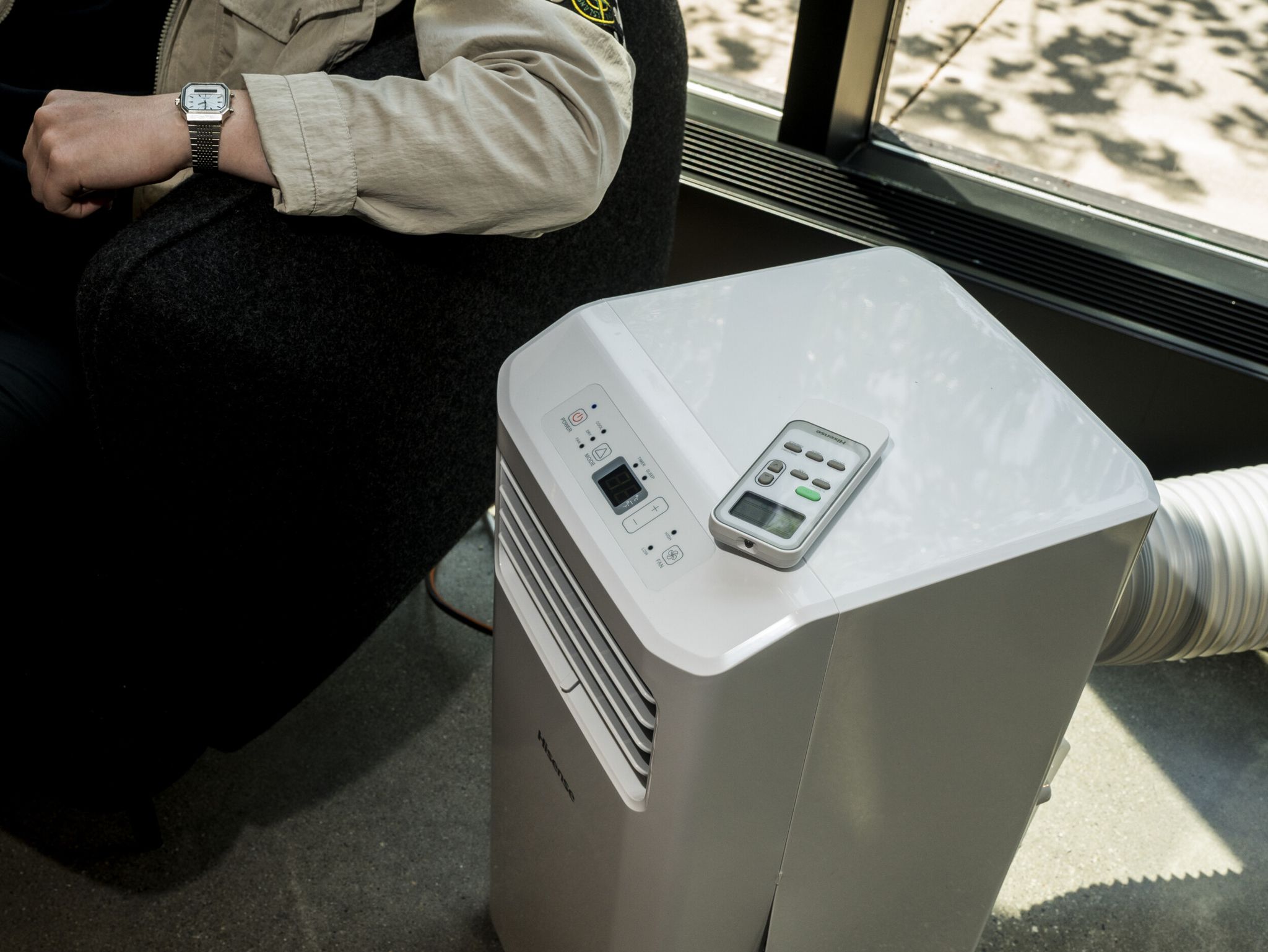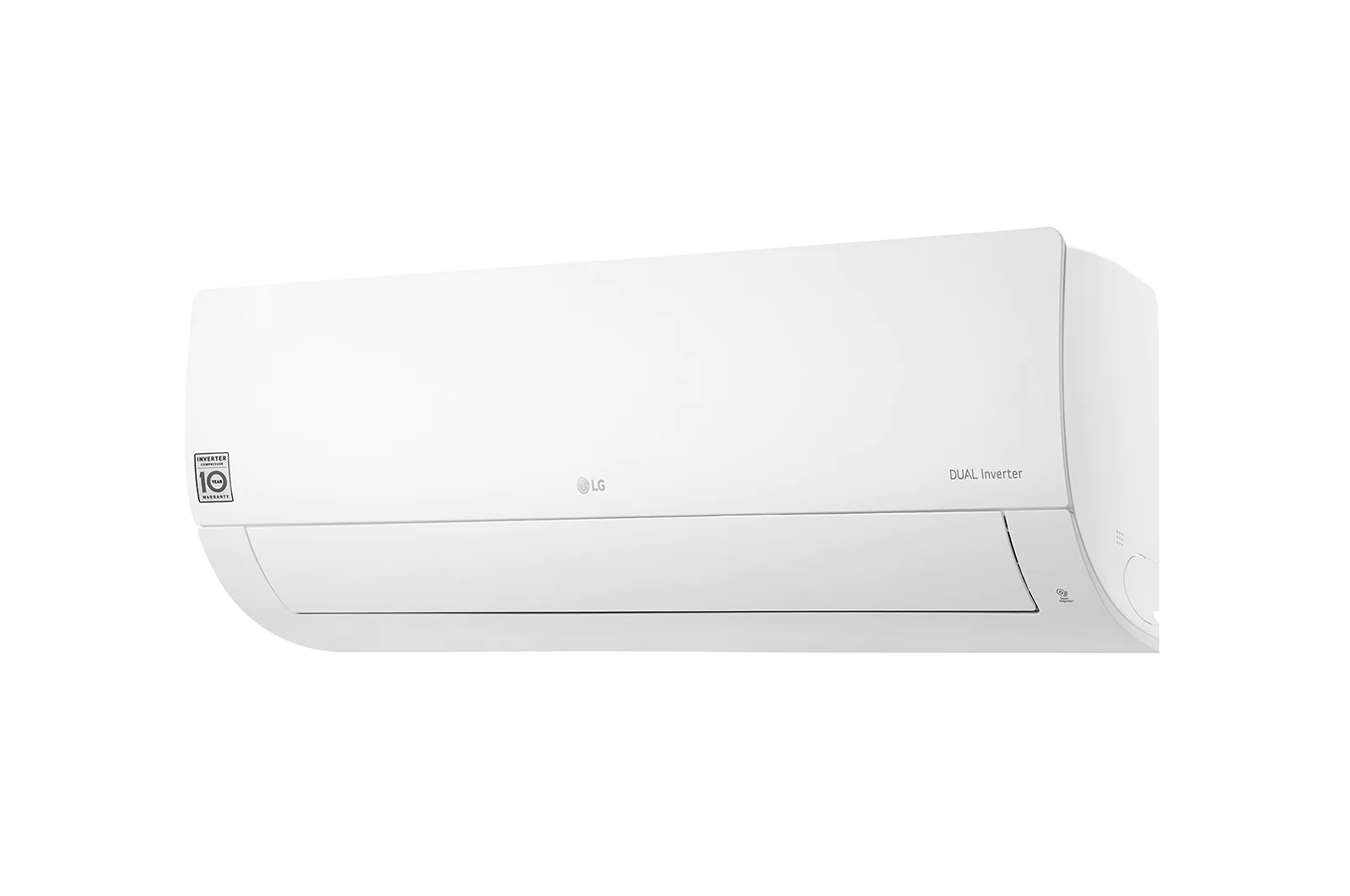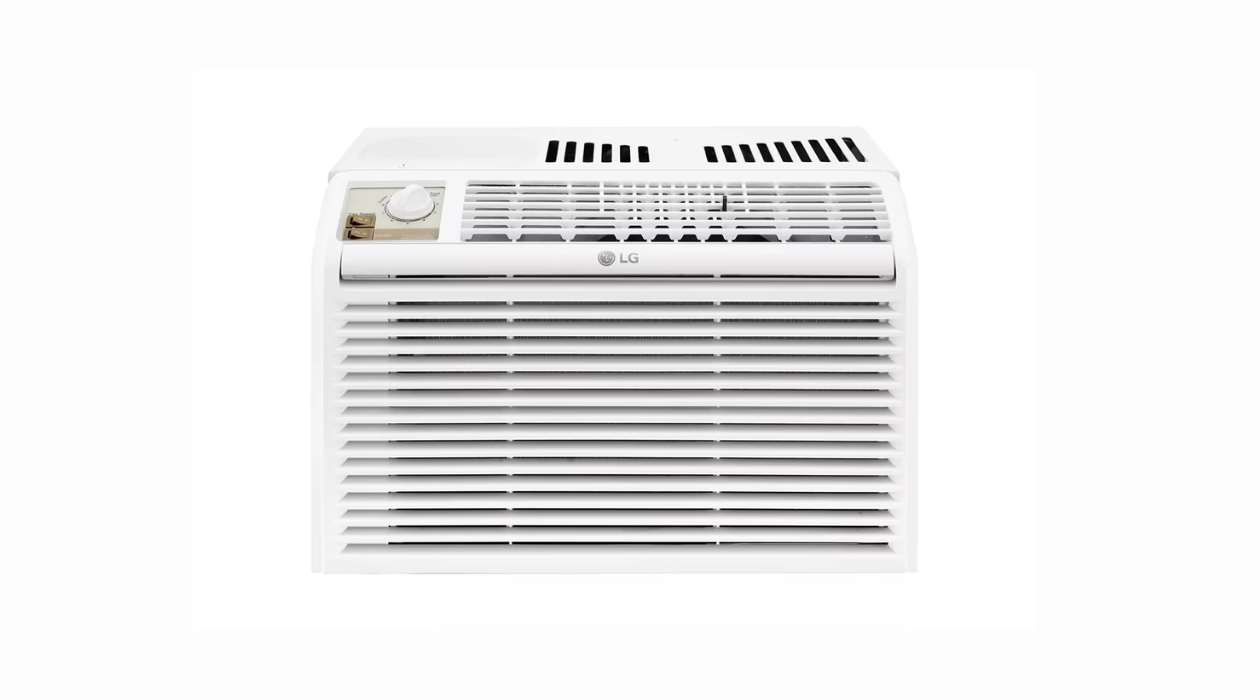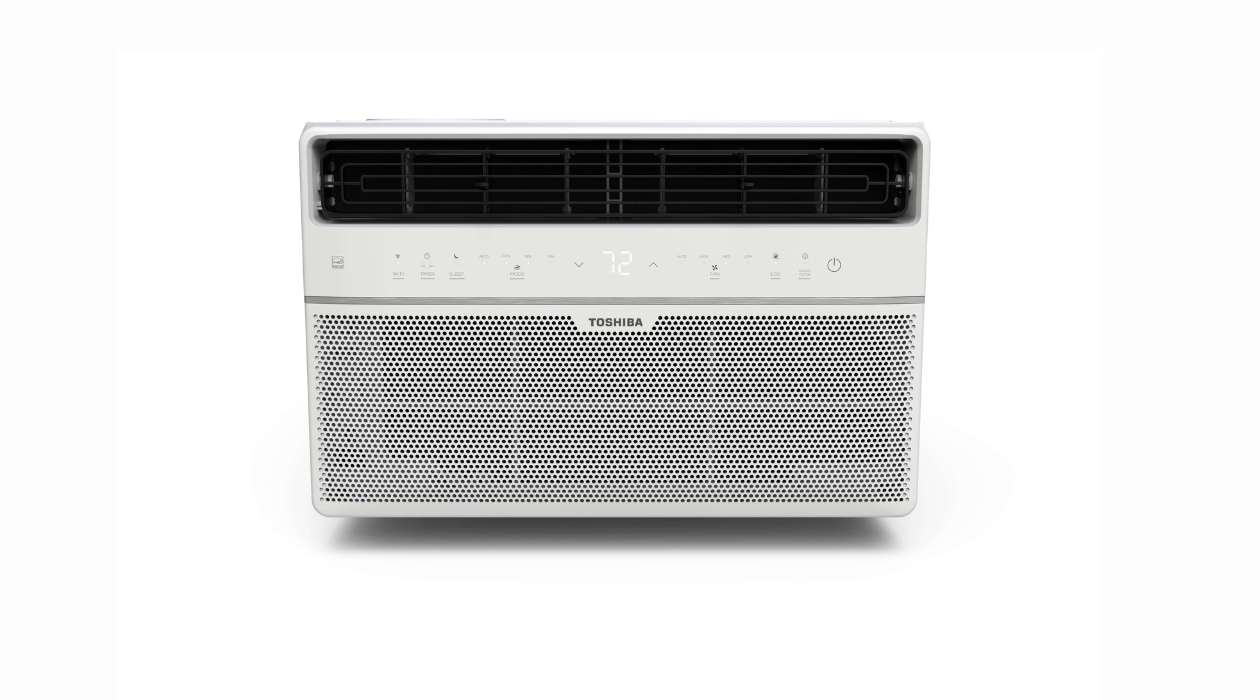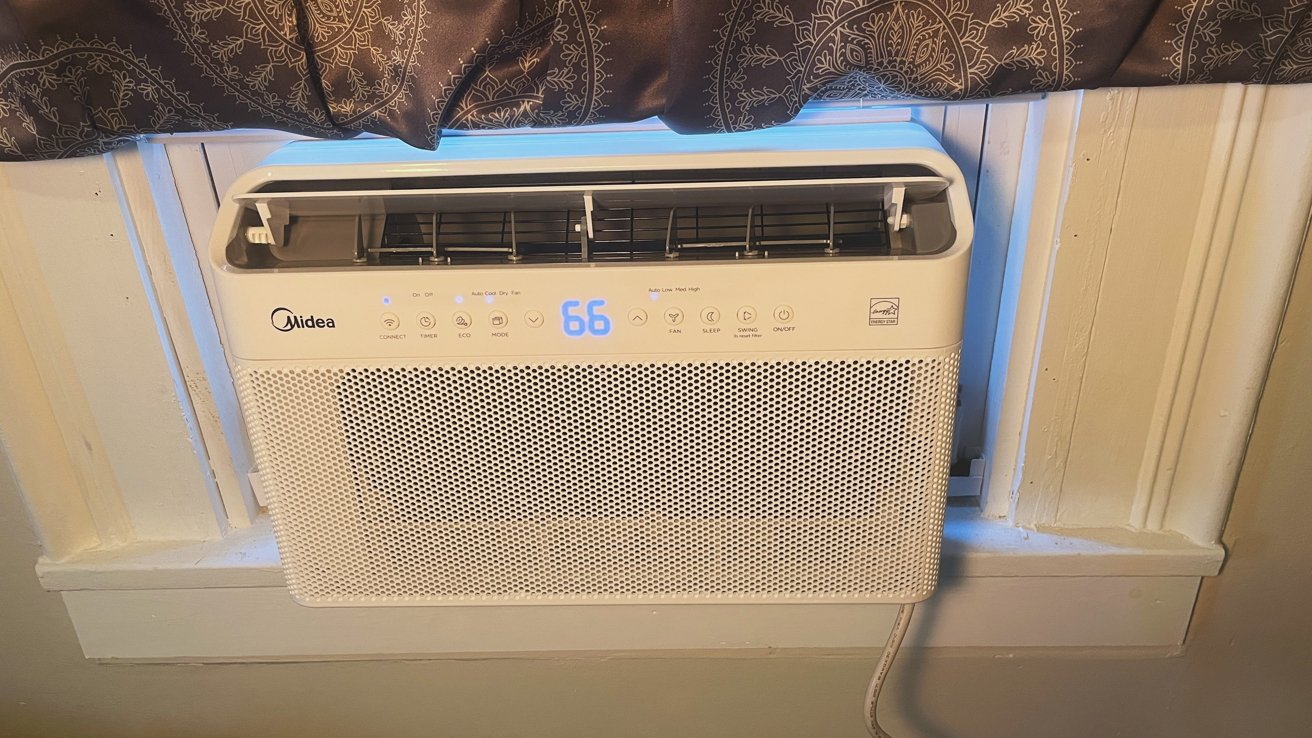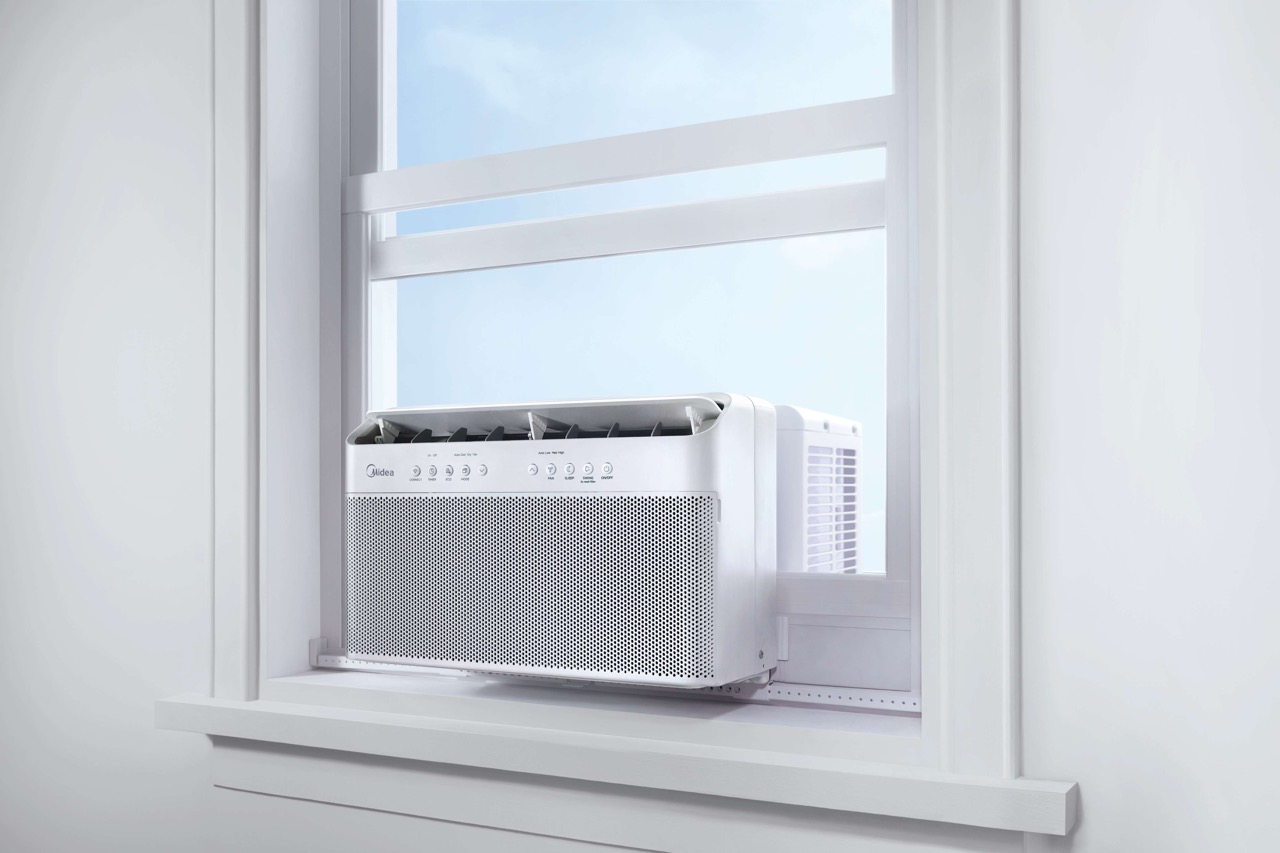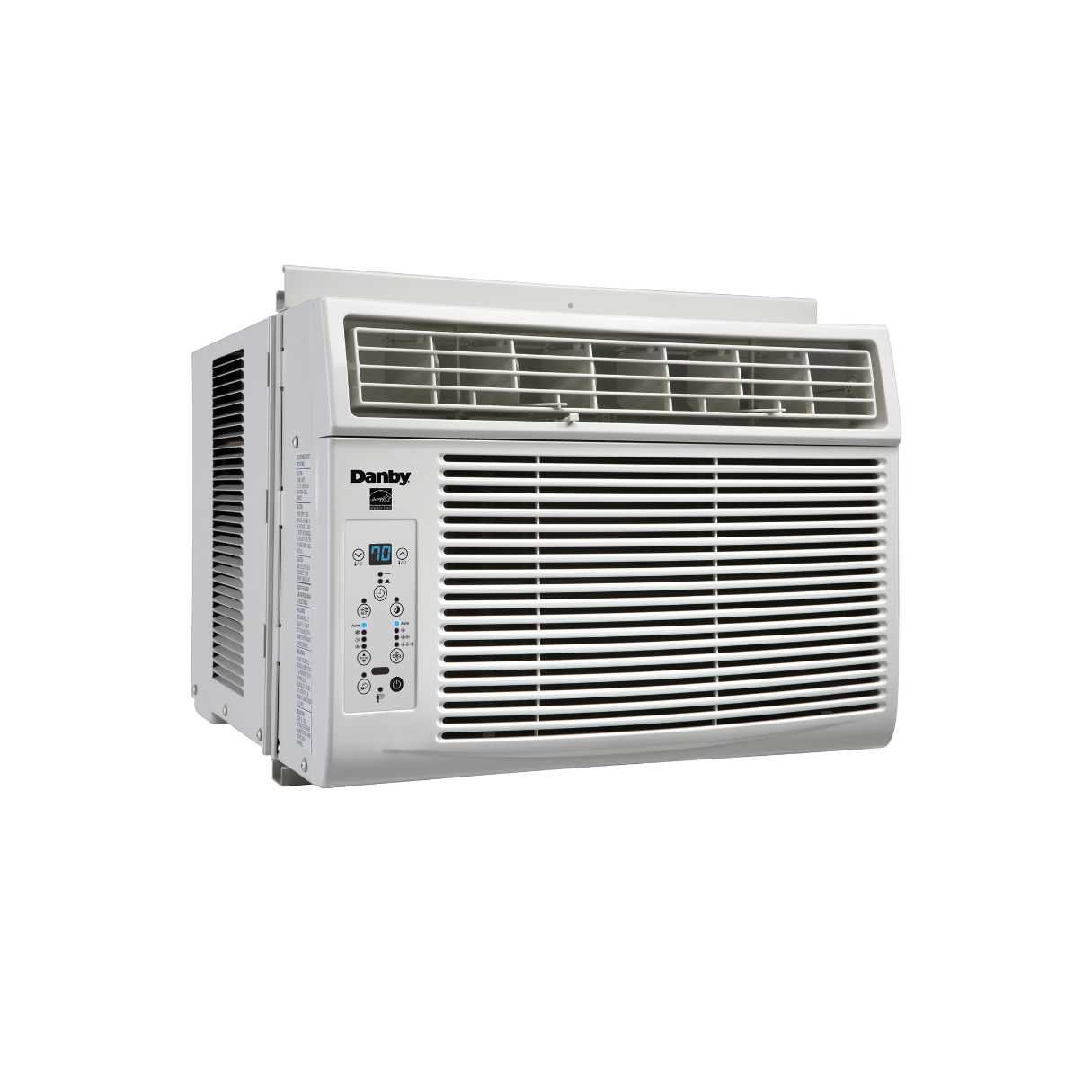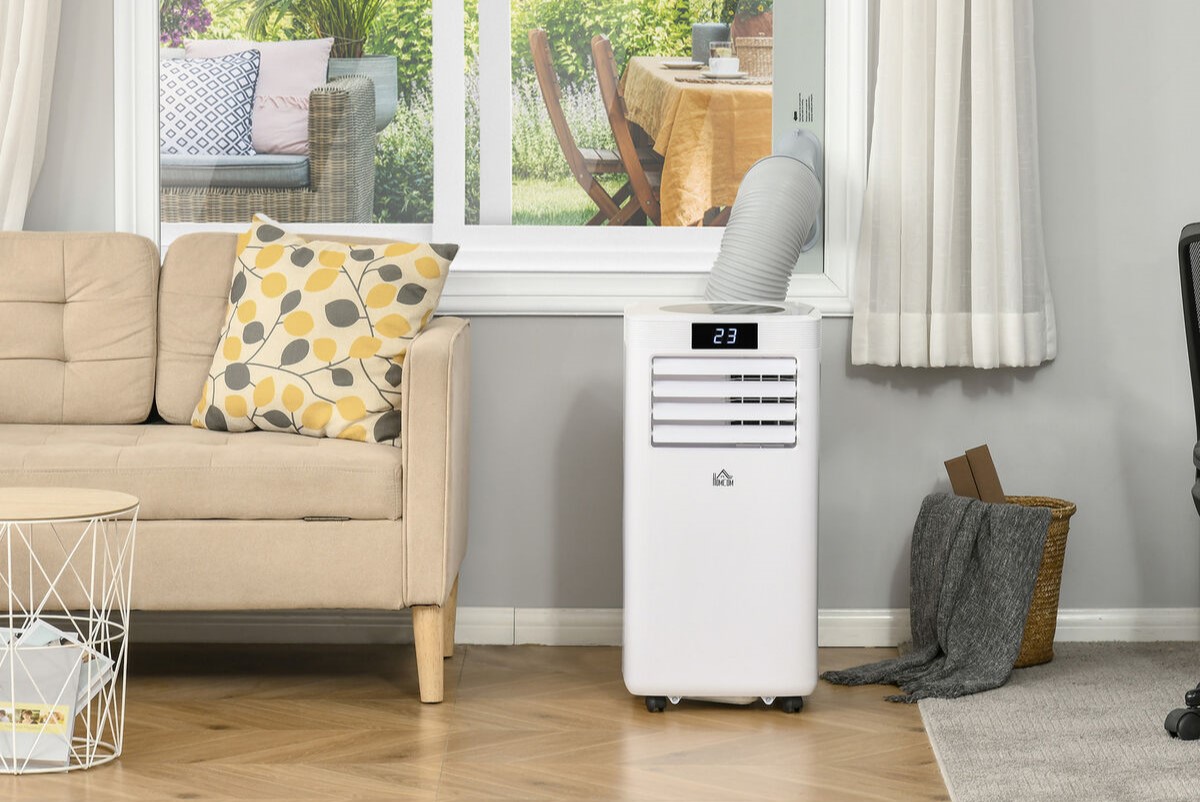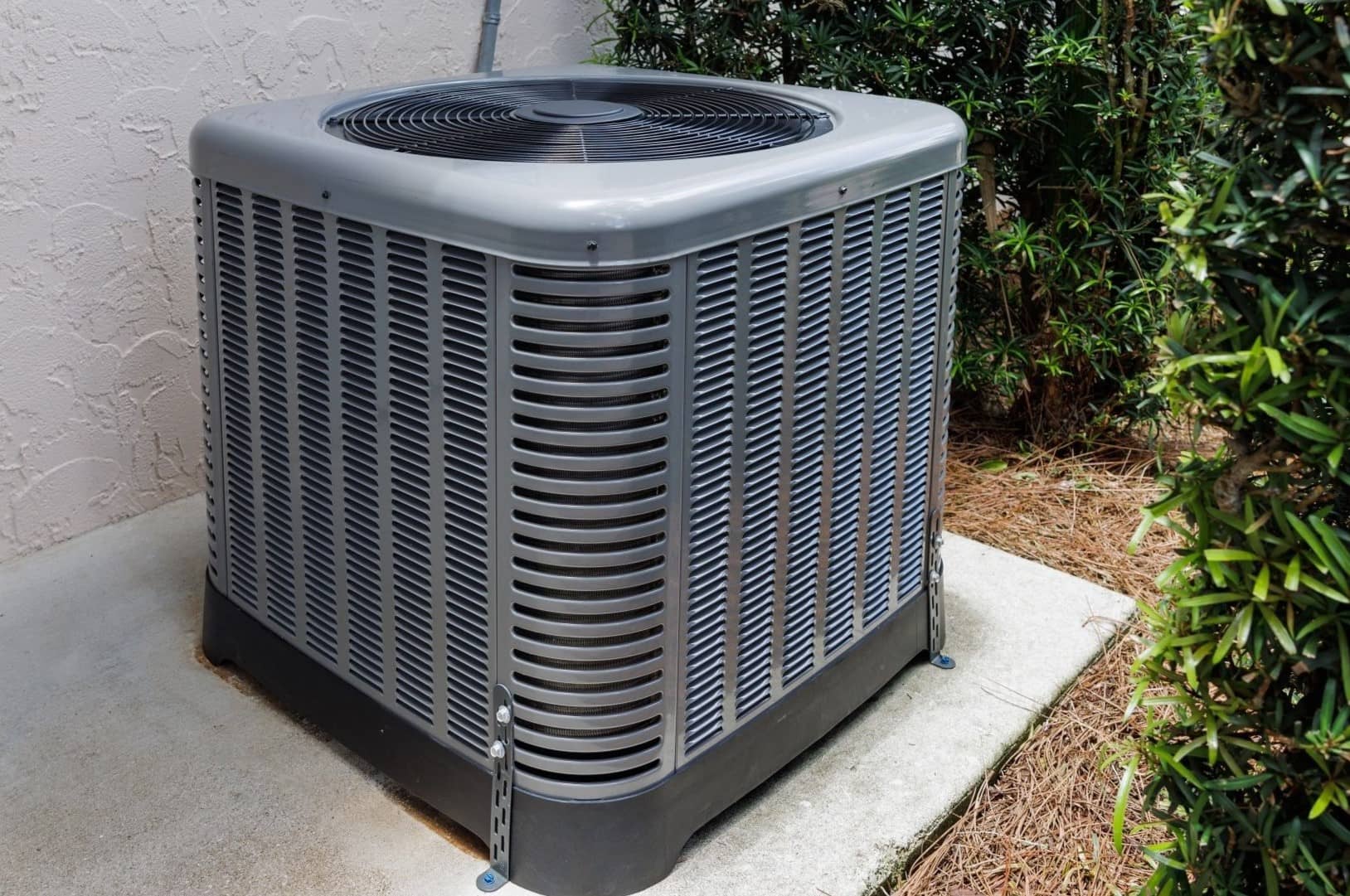Home>Home Maintenance>How Many KWh Does An Air Conditioner Use
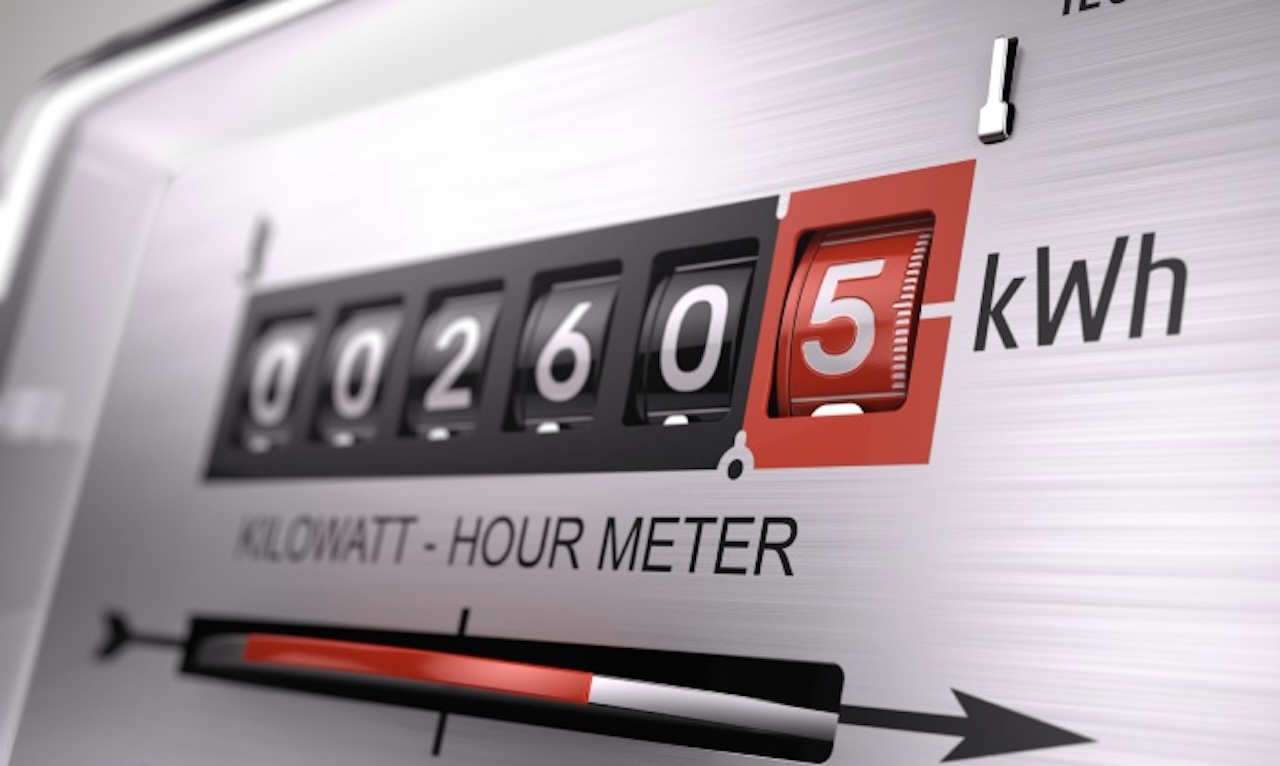

Home Maintenance
How Many KWh Does An Air Conditioner Use
Modified: March 24, 2024
Discover how many kWh a typical air conditioner uses and get tips on home maintenance to reduce energy consumption. Maximize energy efficiency and save money!
(Many of the links in this article redirect to a specific reviewed product. Your purchase of these products through affiliate links helps to generate commission for Storables.com, at no extra cost. Learn more)
Introduction
Welcome to the world of home maintenance, where keeping your living space comfortable and well-maintained is of utmost importance. One major aspect of home maintenance is managing the energy consumption of your appliances. In particular, air conditioners play a significant role in keeping our homes cool during those scorching summer months.
When it comes to understanding the energy consumption of an air conditioner, one commonly used metric is the kilowatt-hour (kWh). By understanding how many kWh an air conditioner uses, you can better manage your energy consumption, save money on utility bills, and reduce your impact on the environment.
In this article, we will delve into the world of kWh and explore the factors that affect the energy consumption of air conditioners. We will also discuss the different types of air conditioners and their energy efficiency ratings. Furthermore, we will provide you with a guide on calculating kWh usage for your air conditioner and offer tips on how to reduce energy consumption without compromising on comfort.
So, let’s dive in and gain a deeper understanding of the kWh usage of air conditioners.
Key Takeaways:
- Understand kWh to save energy: 1 kWh = 1,000 watts used in 1 hour. Knowing this helps manage air conditioner usage, save money, and protect the environment.
- Choose wisely, save energy: Pick the right-sized, energy-efficient air conditioner, maintain it well, and follow energy-saving tips to reduce kWh usage and lower utility bills.
Read more: How Many Kwh Does A Refrigerator Use
Understanding Kilowatt-hours (kWh)
Before we delve into the specifics of air conditioner energy consumption, it is essential to understand what a kilowatt-hour (kWh) is and how it relates to energy usage. In simple terms, a kilowatt-hour is a unit of energy that represents the amount of energy consumed over one hour when using an electrical device with a power rating of one kilowatt (1kW).
To put it into perspective, imagine you have a 100-watt light bulb. If you keep it turned on for 10 hours, you would consume 1 kilowatt-hour of electricity. Similarly, if you have an air conditioner with a power rating of 2.5 kilowatts (2.5 kW) and you run it for 4 hours, you would consume 10 kilowatt-hours (10 kWh) of energy.
Understanding kWh usage is vital for managing electricity costs and conserving energy. By monitoring and reducing your kWh consumption, you can not only save money but also contribute to a greener environment.
Now that we have a grasp of what kWh represents, let’s explore the factors that can affect the energy consumption of your air conditioner.
Factors Affecting Energy Consumption of Air Conditioners
Several factors come into play when determining the energy consumption of an air conditioner. Understanding these factors can help you make informed decisions to optimize energy efficiency without compromising on comfort. Let’s take a closer look at the key factors that impact the energy usage of air conditioners:
- Size of the Air Conditioner: The size of your air conditioner is often measured in tons. It refers to the cooling capacity of the unit, not its physical dimensions. Undersized air conditioners may struggle to cool the space efficiently, leading to longer run times and higher energy consumption. Conversely, oversized units may short cycle frequently, wasting energy. Ensuring the right-sized air conditioner for your space is essential to optimize energy efficiency.
- Insulation and Sealing: The insulation and sealing of your home play a crucial role in the energy efficiency of your air conditioner. Well-insulated homes retain cool air better, allowing the air conditioner to work more effectively. Poor insulation and leaks can result in cool air escaping, forcing the air conditioner to work harder, consuming more energy in the process.
- Thermostat Settings: The temperature settings on your thermostat greatly impact energy consumption. Setting the thermostat to your desired comfort level is important, but it’s also essential to avoid extreme temperature differences between the indoor and outdoor environments. A programmable thermostat can be a valuable tool in optimizing energy usage by adjusting settings automatically based on your schedule.
- Regular Maintenance: Well-maintained air conditioners tend to operate more efficiently. Regularly cleaning or replacing air filters, clearing debris from the outdoor unit, and scheduling professional maintenance can optimize the performance of your air conditioner and reduce energy consumption.
- Climate and Usage Patterns: The climate in which you live and the usage patterns of your air conditioner can significantly impact energy consumption. Hotter climates require air conditioners to work harder to maintain cool temperatures, resulting in higher energy usage. Additionally, how frequently and for how long you use your air conditioner will also influence energy consumption.
By understanding and addressing these factors, you can take proactive steps to reduce the energy consumption of your air conditioner while still enjoying a comfortable indoor environment. Now that we have explored the factors affecting energy usage, let’s move on to discuss the energy efficiency of different types of air conditioners.
Energy Efficiency of Different Types of Air Conditioners
When it comes to air conditioners, not all units are created equal when it comes to energy efficiency. Different types of air conditioners have varying energy efficiency ratings, which can significantly impact their kWh usage. Let’s take a closer look at the energy efficiency of some common types of air conditioners:
- Central Air Conditioners: Central air conditioning systems are commonly found in larger homes and commercial buildings. These systems consist of a central unit that cools the entire building by distributing cool air through ducts. While central air conditioners tend to be highly efficient, their energy usage can vary depending on factors such as the size of the unit, insulation, and proper maintenance.
- Window Air Conditioners: Window air conditioners are popular options for cooling individual rooms. These units are typically mounted in a window or a hole in the wall and are designed to cool a specific area. Window air conditioners come in various sizes and energy efficiency ratings. It is important to choose a properly sized unit with a high energy efficiency rating to optimize energy consumption.
- Ductless Mini-Split Air Conditioners: Ductless mini-split air conditioners provide both cooling and heating capabilities without the need for ductwork. These units consist of an outdoor compressor/condenser unit and one or more indoor air-handling units. Ductless mini-split systems are known for their energy efficiency, as they allow for zoned cooling, enabling you to cool specific areas as needed.
- Portable Air Conditioners: Portable air conditioners offer convenience and flexibility, as they can be moved from room to room. However, their energy efficiency can vary. It is essential to choose a portable air conditioner with a high Energy Efficiency Ratio (EER) and select the right size for the room to maximize energy efficiency.
When considering the energy efficiency of air conditioners, it is important to look for the Energy Star label. Energy Star-certified air conditioners meet strict energy efficiency guidelines set by the U.S. Environmental Protection Agency (EPA). These units are designed to consume less energy while still providing optimal cooling performance.
By selecting an air conditioner with a high energy efficiency rating and matching it to your specific cooling needs, you can significantly reduce your kWh usage and save on energy costs. Now that we’ve covered the energy efficiency of different types of air conditioners, let’s move on to calculating the kWh usage for your specific unit.
Consider using a programmable thermostat to set your air conditioner to a higher temperature when you’re not home, which can help reduce energy usage and save on your electricity bill.
Calculation of kWh Usage for Air Conditioners
Calculating the kWh usage for your air conditioner can give you a better understanding of its energy consumption and help you monitor and manage your electricity usage. The calculation involves gathering a few key pieces of information and performing a simple equation. Here’s a step-by-step guide on how to calculate the kWh usage for your air conditioner:
- Identify the AC’s Power Rating: Start by locating the air conditioner’s power rating. This information is typically listed on the unit or in the manufacturer’s specifications. The power rating is measured in watts (W) or kilowatts (kW) and indicates the amount of electrical power the air conditioner consumes during operation.
- Determine the Operating Hours: Determine the number of hours your air conditioner runs in a day. It’s important to be as accurate as possible to get an accurate estimate of the kWh usage. You can base this on your typical usage patterns or use a timer or energy monitoring device to track the actual operating hours.
- Convert Watts to Kilowatts: If your power rating is listed in watts, divide the number by 1,000 to convert it to kilowatts. For example, if your air conditioner has a power rating of 2,000 watts, divide 2,000 by 1,000 to get 2 kilowatts.
- Calculate the Daily kWh Usage: Multiply the power rating of your air conditioner (in kilowatts) by the number of operating hours per day. For example, if your air conditioner has a power rating of 2 kilowatts and runs for 6 hours per day, the daily kWh usage would be 2 kilowatts multiplied by 6 hours, resulting in 12 kilowatt-hours (12 kWh).
- Estimate Monthly or Annual kWh Usage: To determine the monthly or annual kWh usage, multiply the daily kWh usage by the number of days in the month or year. For example, if your daily kWh usage is 12 kWh and there are 30 days in the month, the monthly kWh usage would be 12 kWh multiplied by 30 days, resulting in 360 kilowatt-hours (360 kWh).
Keep in mind that this calculation provides an estimate of the kWh usage for your air conditioner. Actual usage may vary based on factors such as climate, thermostat settings, and usage patterns. Additionally, it’s important to consider other appliances and electrical devices in your home that contribute to your overall energy consumption.
Now that you know how to calculate the kWh usage for your air conditioner, let’s explore some tips on how to reduce energy consumption and save on your utility bills.
Read more: How Many Kwh Does An AC Use
Tips for Reducing Energy Consumption of Air Conditioners
Reducing the energy consumption of your air conditioner not only helps lower your utility bills but also contributes to energy conservation. By implementing these simple tips, you can optimize the efficiency of your air conditioner and keep your home cool while minimizing your environmental impact:
- Set an Energy-Efficient Temperature: Set your thermostat to an energy-efficient temperature. The U.S. Department of Energy recommends a setting of around 78 degrees Fahrenheit (25 degrees Celsius) for optimal energy efficiency. Adjusting your thermostat a few degrees higher can result in significant energy savings.
- Utilize Programmable Thermostats: Invest in a programmable thermostat to automate temperature adjustments based on your schedule. This can help reduce energy consumption by ensuring your air conditioner runs less or at higher temperatures when no one is home.
- Maintain Proper Insulation: Insulate your home properly to prevent cool air from escaping and hot air from entering. Seal gaps around windows and doors, insulate the attic, and ensure adequate insulation is present in walls and floors. Good insulation keeps your home cool and reduces the workload on your air conditioner.
- Use Fans to Supplement Cooling: Utilize ceiling or portable fans to enhance airflow and circulate cool air throughout the room. Fans create a wind-chill effect, making you feel cooler without relying solely on the air conditioner.
- Keep Curtains and Blinds Closed: During the hottest parts of the day, close curtains or blinds to block out direct sunlight. This helps prevent heat gain and reduces the strain on your air conditioner.
- Maintain Regular Air Conditioner Maintenance: Schedule regular maintenance for your air conditioner to keep it operating at peak efficiency. Clean or replace air filters as recommended, clear debris from the outdoor unit, and ensure proper airflow. A well-maintained air conditioner operates more efficiently and consumes less energy.
- Utilize Energy-Saving Mode: Many modern air conditioners come with energy-saving modes. Activate this feature to optimize energy efficiency. Energy-saving modes adjust fan speed and compressor usage based on cooling needs, resulting in reduced energy consumption.
- Keep Heat-Generating Appliances Away: Avoid placing heat-generating appliances, such as lamps or TVs, near the thermostat. The extra heat can trick the thermostat into running the air conditioner more than necessary.
- Consider Shade and Landscaping: Planting trees or installing shades near windows can provide shade and reduce heat gain. This can help keep your home cooler naturally and reduce the need for excessive air conditioner usage.
- Avoid Cooling Empty Rooms: Close vents or doors to rooms that are not in use. Cooling empty spaces unnecessarily wastes energy. Focus on cooling the rooms where you spend the most time.
By implementing these energy-saving tips, you can reduce the energy consumption of your air conditioner while maintaining a comfortable living environment. Remember, every small step towards energy conservation helps preserve our planet for future generations.
Now that we have covered these energy-saving tips, let’s summarize the key points discussed in this article.
Conclusion
Managing the energy consumption of your air conditioner is crucial for both your financial well-being and the environment. By understanding kilowatt-hours (kWh) and the factors that affect the energy consumption of air conditioners, you can make informed decisions to optimize energy efficiency without sacrificing comfort.
In this article, we explored the concept of kWh and how it relates to energy usage. We discussed the factors that can impact the energy consumption of air conditioners, including the size of the unit, insulation, thermostat settings, regular maintenance, climate, and usage patterns.
We also examined the energy efficiency of different types of air conditioners, such as central air conditioners, window units, ductless mini-splits, and portable air conditioners. Choosing an energy-efficient model can significantly reduce kWh usage and save on energy costs.
To calculate the kWh usage of your air conditioner, we provided a step-by-step guide that involves identifying the power rating, determining operating hours, converting watts to kilowatts, and calculating daily, monthly, or annual usage.
Furthermore, we offered valuable tips for reducing the energy consumption of air conditioners. These included setting energy-efficient temperatures, utilizing programmable thermostats, maintaining proper insulation, using fans to supplement cooling, and practicing regular maintenance.
By implementing these tips, you can optimize energy efficiency, reduce kWh usage, and contribute to a greener environment. Every small step toward energy conservation makes a significant difference in the long run.
Remember to prioritize energy efficiency when purchasing new air conditioning units and look for the Energy Star label to ensure high efficiency standards. With a combination of smart choices and conscious energy usage, you can stay cool and comfortable while minimizing your impact on the planet.
So, take control of your air conditioner’s energy consumption, save on utility bills, and make a positive impact on the environment. Start implementing these tips today and enjoy the benefits of an energy-efficient home.
Frequently Asked Questions about How Many KWh Does An Air Conditioner Use
Was this page helpful?
At Storables.com, we guarantee accurate and reliable information. Our content, validated by Expert Board Contributors, is crafted following stringent Editorial Policies. We're committed to providing you with well-researched, expert-backed insights for all your informational needs.
